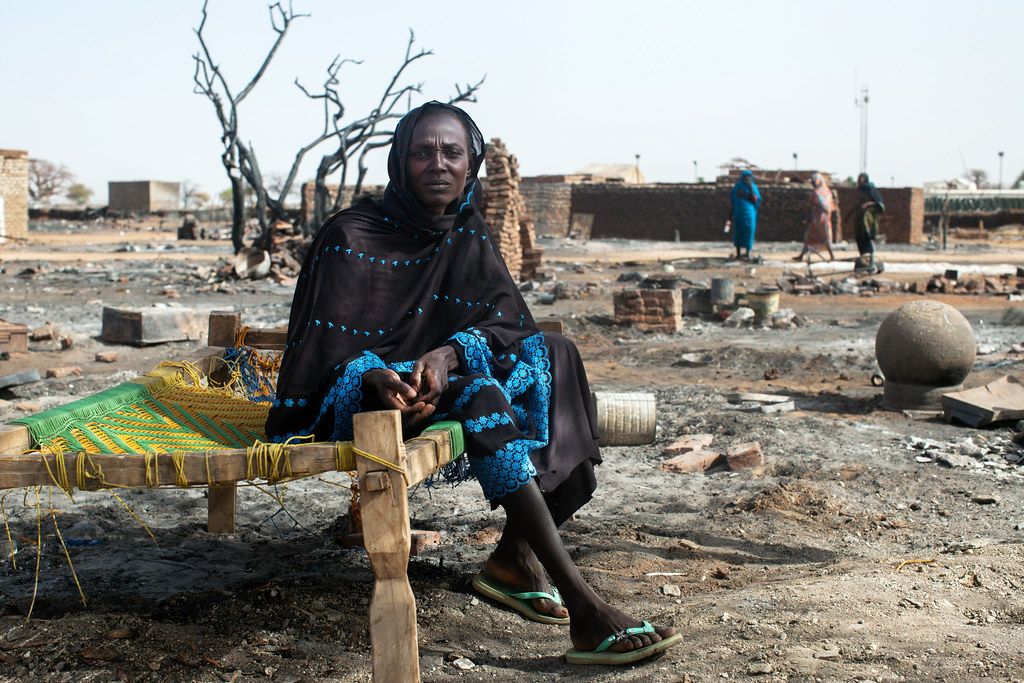
To better understand the resilience and vulnerability of the populations in Chad, the Sudan and South Sudan, the Feinstein International Center, Friedman School of Nutrition Science and Policy at Tufts University has drawn on available secondary data on nutrition, environmental factors (rainfall, temperature and vegetation), conflict and emergency events, together with primary qualitative findings from eastern Chad and western Sudan, prioritizing community perspectives. The report findings underscore the importance of environmental variability and the persistence of climate, conflict and other shocks in relation to livelihood resilience and transformation over time. The findings also challenge long-standing assumptions about the seasonality of malnutrition and present new findings on livelihoods in countries struggling with or seeking to recover from climate, conflict and other disasters.
This report was originally published by the Feinstein International Center at Tufts University.